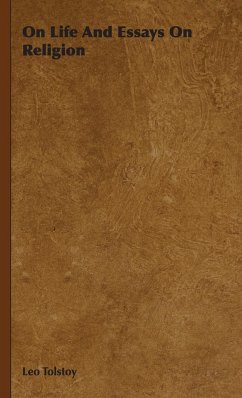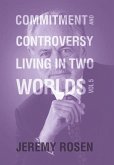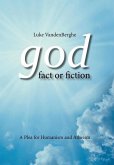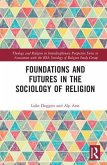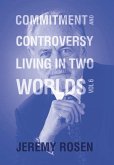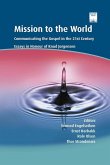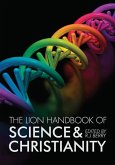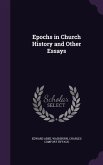ON LIFE AND ESSAYS ON RELIGION by LEO TOLSTOY. Originally published in 1887. Contents include: INTRODUCTION BY AYLMER MAUDE . vii ON LIFE. 1887 i RELIGION AND MORALITY. 1894 . . 168 REASON AND RELIGION. 1894 . . 199 HOW TO READ THE GOSPELS. 1896 . 205 PREFACE TO THE CHRISTIAN TEACHING 1 . 1898 . . . . . .209 A REPLY TO THE SYNODS EDICT OF EXCOM MUNICATION. 1901 . . . .214 WHAT IS RELIGION 1902 . . .226 AN APPEAL TO THE CLERGY. 1302 . . 282 THE RESTORATION OF HELL. 1903 . . 309 CHURCH AND STATE. 1904 . . .331 THE TEACHING OF JESUS. 1909 . . 347 INDEX 410. INTRODUCTION: ON LIFE is Tolstoys statement of the conclusions he had reached by 1887 after ten years devoted to thought and study on religion. No one acquainted with his life and works can reasonably doubt - that he was one of the frankest and sincerest men who ever lived, but if further evidence on that point were needed, this work would supply it, considering the circumstances under which it was written. By a careful study of the Church creeds Tolstoy had reached the conclusion that they consist of meaningless verbiage and incredible statements which afford no real guidance for life. An even more intense and prolonged study of the Gospels convinced him that the understanding of life held by Jesus was reasonable, and affords the best possible guidance for life. But it seemed to him that the Church, by declaring the sixty-six books in the Bible to be all equally inspired by God, had reduced them to one dead level, so that the precepts of Jesus are presented as no more divine than the legends of the Old Testament, or the record of the cruel deeds of a jealous Jehovah. More than that, he was convinced that the essential teaching of Jesus has been twisted to link it up with the Jewish Scriptures, and with records interspersed with miracles to attract the belief of an evil and adulterous generation seeking after a sign, and has been misinterpreted in order to secure authority for a Church which when persecuting its rivals has not scrupled to slay thousands of human beings. He therefore defines the Church as power in the hands of certain men. At the very peak of literary success he devoted ten years of his life to this study of religion, and to clarify his conclusions wrote the works contained in this and another volume, well knowing that their publication would be prohibited, and that even if clandestinely circulated they would call down on him the ridicule of the advanced section of Russian society, then for the most part under the influence of the materialistic philosophy which, following on the success of Darwins teaching, expected ere long to be able to explain man by mechanics and demon strate the senselessness of all religion. To them the fact that the author of War and Peace seriously occupied himself with religion seemed almost to indicate that he had taken leave of his senses. On the other hand the Orthodox Russo-Greek Church, under the guidance of Pobedon6stsev, the lay Head of the Most Holy Synod, actively persecuted dis senters, suppressed books it disapproved of, and though, after some hesitation, it refrained from physically molesting Tolstoy, he knew that he was exposing himself and his friends to danger and incurring the grave displeasure of the authorities of Church and State. He also incurred the dis approval and hostility of his wife, to whom the favour of the powers-that-be was of much concern...
Hinweis: Dieser Artikel kann nur an eine deutsche Lieferadresse ausgeliefert werden.
Hinweis: Dieser Artikel kann nur an eine deutsche Lieferadresse ausgeliefert werden.

